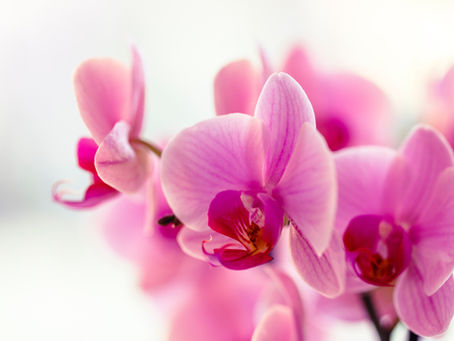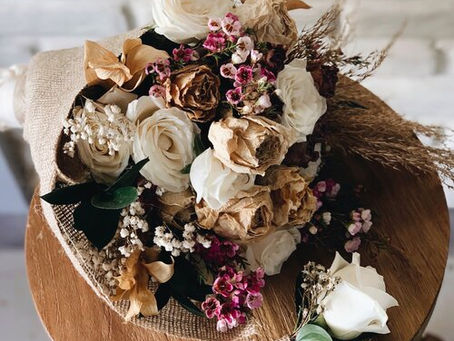
Sustainable Floristry starts here ...
At The Bali Florist, our journey toward sustainability is a continuous process of learning, adapting, and improving. We know it’s not a one-time achievement but an ongoing commitment to our planet and community. Sustainability looks different everywhere, shaped by culture, environment, and local resources. As we navigate this path with trial and error, we invite you to join us in creating a greener future—one bloom at a time.

How can florists employ eco-friendly practices to become part of the sustainable floristry movement?
Here at The Bali Florist, we take baby steps towards becoming more environmentally sustainable through these proactive efforts:
Locally Sourced Materials
We prioritize sourcing flowers and foliage from reputable growers in Bali. Due to limited local growers and tropical climate challenges, we also source from Java. However, for select high-quality, long-lasting varietals, we still rely on imports from Dutch wholesalers.
Recyclable/Reusable Materials
Since launching our florist in 2017, we've proudly avoided single-use containers, opting for paper wrapping as our standard. We upcycle beverage bottles into rustic vases and repurpose supplier paper wrappings whenever possible. While we discourage excessive cellophane use in hand bouquets, a practical and economical alternative to floral foam is still needed—one we hope to see soon.
Waste Reduction
We plan our weekly supply based on estimated orders to avoid over-ordering. We maximize every material—flowers, foliage, and more. Organic waste is either dried for future arrangements or turned into garden compost.
Refilling/BYO Containers
Our customers value our use of reusable containers like wooden vessels, glass vases, and ceramic pots instead of single-use paper boxes. We also welcome bring-your-own containers and offer refills for repeat customers.
Composting
We're proud to partner with Urban Biologist Bali (@urbancompost.bali) to turn our organic florist waste into nutrient-rich compost. Each day, we collect and separate floral waste into breathable sacks for twice-weekly pickups. The Urban Compost team then transforms it into fresh compost each month. You can be part of this movement too—visit their website for more details!






















